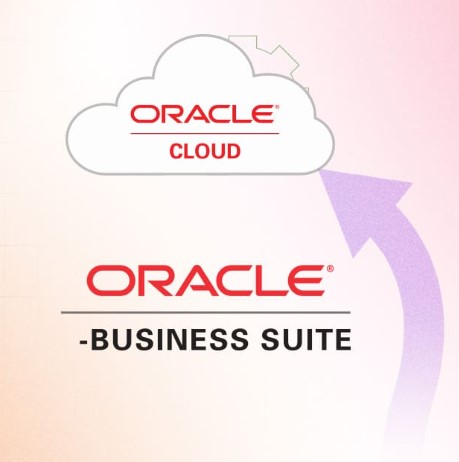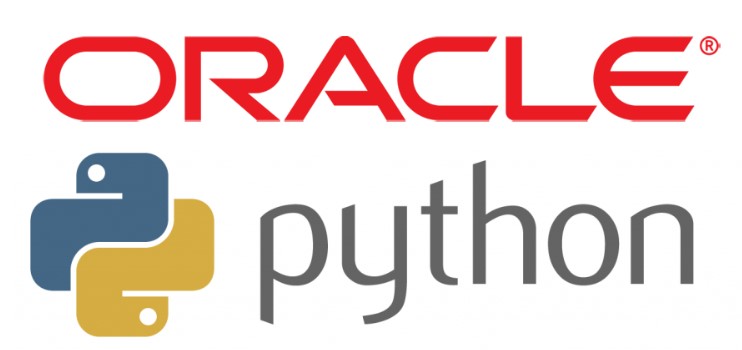Reading Time: Approx. 7 min
In 2025, data is everything—but data alone is not enough. It’s how businesses interpret, analyze, and act on that data that drives growth. Enterprise Resource Planning (ERP) systems have long been the backbone of business operations, but with the infusion of Artificial Intelligence (AI), they’re becoming far more than just transactional databases.
The integration of AI in ERP transforms raw data into intelligent, real-time insights that guide better, faster decision-making. Whether you’re a small business owner or an IT professional planning your next ERP upgrade, understanding how AI enhances data analytics within ERP systems can give your organization a major edge.
In this article, we explore the evolving role of AI tools for business, focusing on how they optimize ERP data analytics and why this matters now more than ever.
Why Traditional ERP Data Isn’t Enough Anymore
Traditional ERP software excels at collecting data from departments like finance, HR, logistics, and procurement. But when it comes to making sense of that data—identifying trends, spotting anomalies, predicting outcomes—older systems fall short.
Here are a few common limitations:
- Static reports that don’t offer real-time insight
- Difficulty identifying patterns in large data sets
- Heavy reliance on manual data extraction and interpretation
- Lack of predictive capabilities
These shortcomings hinder timely decision-making and agility, especially in today’s fast-paced, competitive environment.
Enter AI: The Game Changer for ERP Analytics
AI changes the game by converting your ERP system from a passive data repository into a proactive decision support engine. It uses machine learning, predictive modeling, and natural language processing to interpret massive volumes of structured and unstructured data.
This advancement allows businesses to:
- Automatically detect anomalies and patterns
- Generate accurate forecasts
- Make data-driven decisions in real time
- Visualize complex relationships and KPIs with clarity
The result? Enhanced decision-making across departments, backed by intelligent insights.
Key Benefits of AI in ERP Data Analytics
1. Real-Time Insights for Agile Operations
AI-enabled ERP systems monitor key performance indicators (KPIs) and transactions continuously. Instead of waiting for month-end reports, you get immediate alerts when numbers deviate from expectations.
Example: A retail company receives real-time inventory insights, allowing them to replenish stock ahead of demand surges.
2. Predictive Analytics for Smarter Forecasting
AI tools for business use historical data and external variables to predict outcomes. Forecasting sales, cash flow, or customer churn becomes more accurate, allowing for proactive planning.
Example: A manufacturing firm leverages AI to predict equipment failure based on past breakdowns and sensor data, reducing downtime and maintenance costs.
3. Automated Data Classification and Cleansing
ERP data can be inconsistent and messy. AI algorithms clean and normalize data automatically, ensuring that analytics outputs are based on reliable information.
Example: A finance department saves hours per month as AI eliminates duplicate vendor records and categorizes expenses accurately.
4. Enhanced Decision Support with Natural Language Queries
Some modern ERP software in 2025 allows users to ask questions in plain English and get accurate, context-aware answers from AI.
Example: A CEO types “What were our top 5 revenue-generating products last quarter?” and receives a clear visual report instantly.
5. Cross-Functional Insights
AI connects dots between siloed data sources—sales, operations, finance—giving a holistic view of the business.
Example: A wholesale distributor improves cash flow by analyzing the relationship between customer payment behavior and inventory turnover.
Use Cases Across Departments
Finance
AI enhances budget forecasting, fraud detection, and compliance reporting. CFOs use predictive models to simulate best- and worst-case financial scenarios.
Supply Chain
AI-powered ERP helps forecast demand, optimize logistics, and reduce waste. Companies prevent stockouts and overstock situations with smarter planning.
Human Resources
AI analyzes employee performance, turnover risk, and hiring needs. HR professionals can make talent decisions based on data-backed insights.
Sales & Marketing
From customer segmentation to campaign optimization, AI in ERP identifies profitable leads, predicts churn, and helps tailor offerings to customer behavior.
ERP Software 2025: Who’s Leading the Way?
Several ERP vendors have embedded AI capabilities into their platforms, making it easier than ever for small businesses to tap into intelligent analytics without needing an in-house data science team.
Here are a few standout platforms:
- Oracle Fusion Cloud ERP: Offers AI-driven financial and operational insights.
- SAP S/4HANA: Integrates machine learning into core modules for predictive maintenance and finance.
- Microsoft Dynamics 365: Uses AI to automate workflows and surface key insights across business functions.
- Zoho One: Designed for small businesses with AI tools like anomaly detection and Zia recommendations.
Affiliate Disclosure: Some links in this post may be affiliate links. If you purchase through them, we may earn a commission at no extra cost to you.
Getting Started: How to Implement AI in ERP Analytics
- Evaluate Your Current ERP System
Check whether your ERP supports AI modules or if a new system is needed. - Identify Business Goals
Choose use cases that can deliver quick wins, such as cash flow forecasting or inventory optimization. - Clean Your Data
AI is only as good as the data it learns from. Ensure your records are accurate, complete, and up to date. - Start Small and Scale
Implement one AI-enhanced analytics module at a time. Measure results, then expand. - Train Your Team
Equip users with training to understand AI outputs and build confidence in the tools.
Future Trends: What to Expect
As AI becomes more accessible, expect to see:
- AI-powered ERP systems recommending actions—not just showing data
- Greater integration with IoT, bringing even richer data sources into ERP analytics
- More customizable dashboards driven by natural language and predictive inputs
- Democratization of analytics, with non-technical users making data-informed decisions
Conclusion
ERP systems are no longer just record-keeping tools. With AI, they become powerful decision-making platforms that elevate business intelligence across every function. Whether you’re running a small business or managing IT infrastructure for a mid-sized enterprise, the advantages of combining ERP with AI analytics are undeniable.
From real-time alerts to predictive dashboards, AI in ERP unlocks smarter decisions that drive efficiency, agility, and growth.



